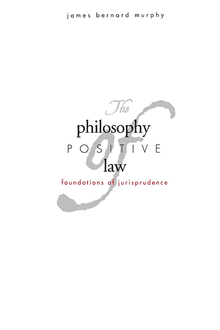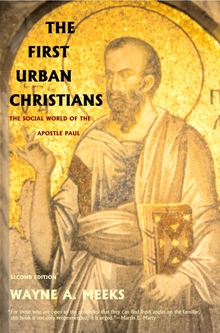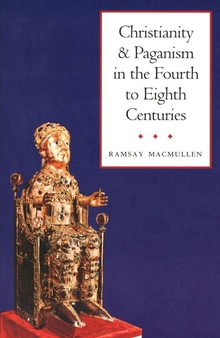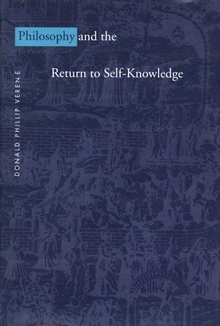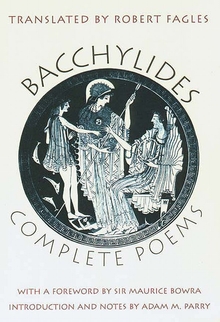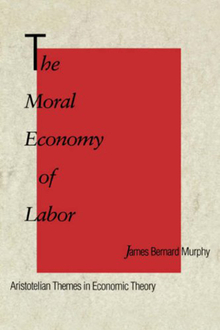The Philosophy of Positive Law
WARNING
You are viewing an older version of the Yalebooks website. Please visit out new website with more updated information and a better user experience: https://www.yalebooks.com
Foundations of Jurisprudence
James Bernard Murphy
James Bernard Murphy is professor of government at Dartmouth College. He is the author of several books, including The Moral Economy of Labor: Aristotelian Themes in Economic Theory, published by Yale University Press.
"Original and persuasive. . . . Murphy makes the important historical point that we must look much deeper in the history of western legal theory to understand how positive law acquired its deep incoherence."—Charles J. Reid, University of St. Thomas, Minnesota
in intellectual history."—James Gordley, School of Law, University of California at Berkeley
“An important and very satisfying contribution to legal theory and history.”—Russell Hittinger, University of Tulsa
Publication Date: August 2, 2005

